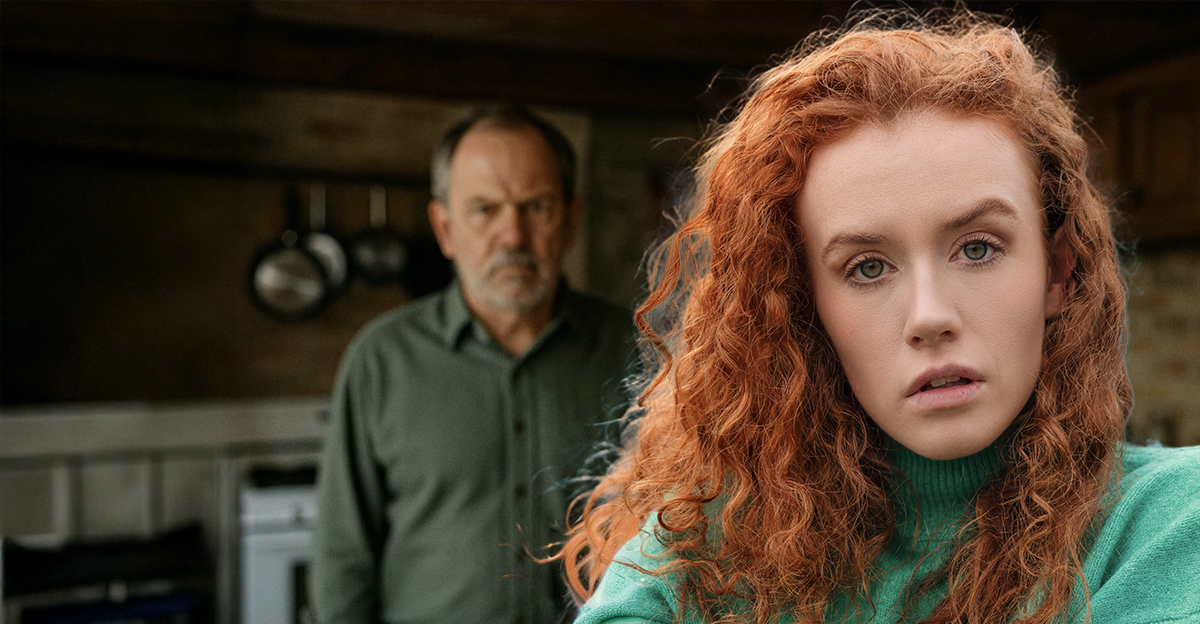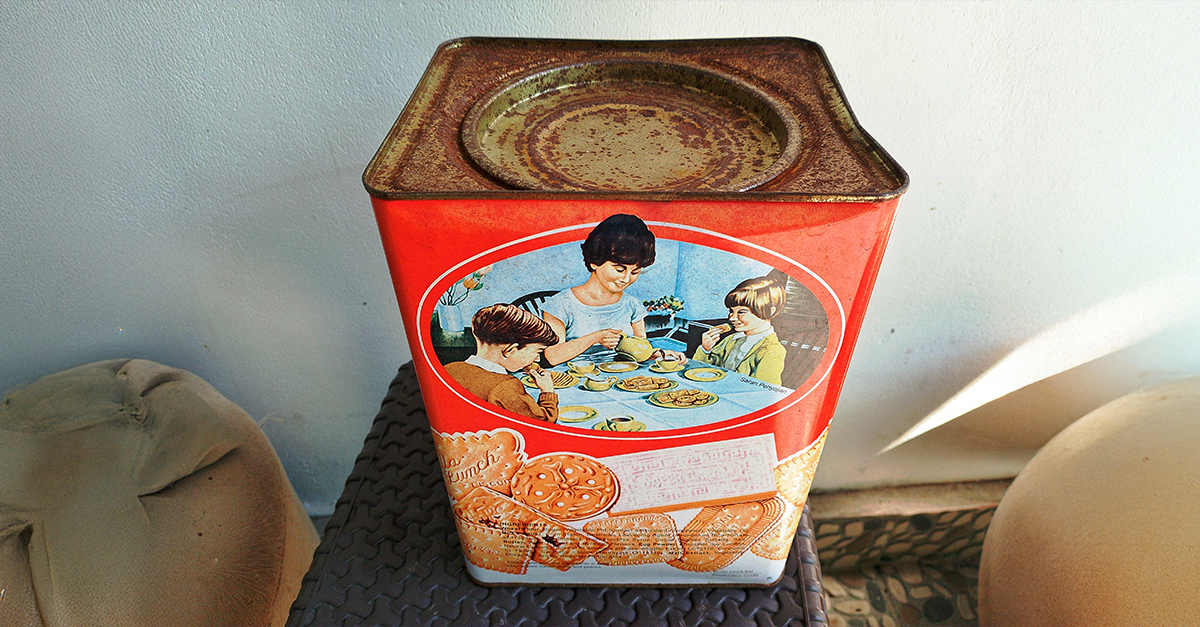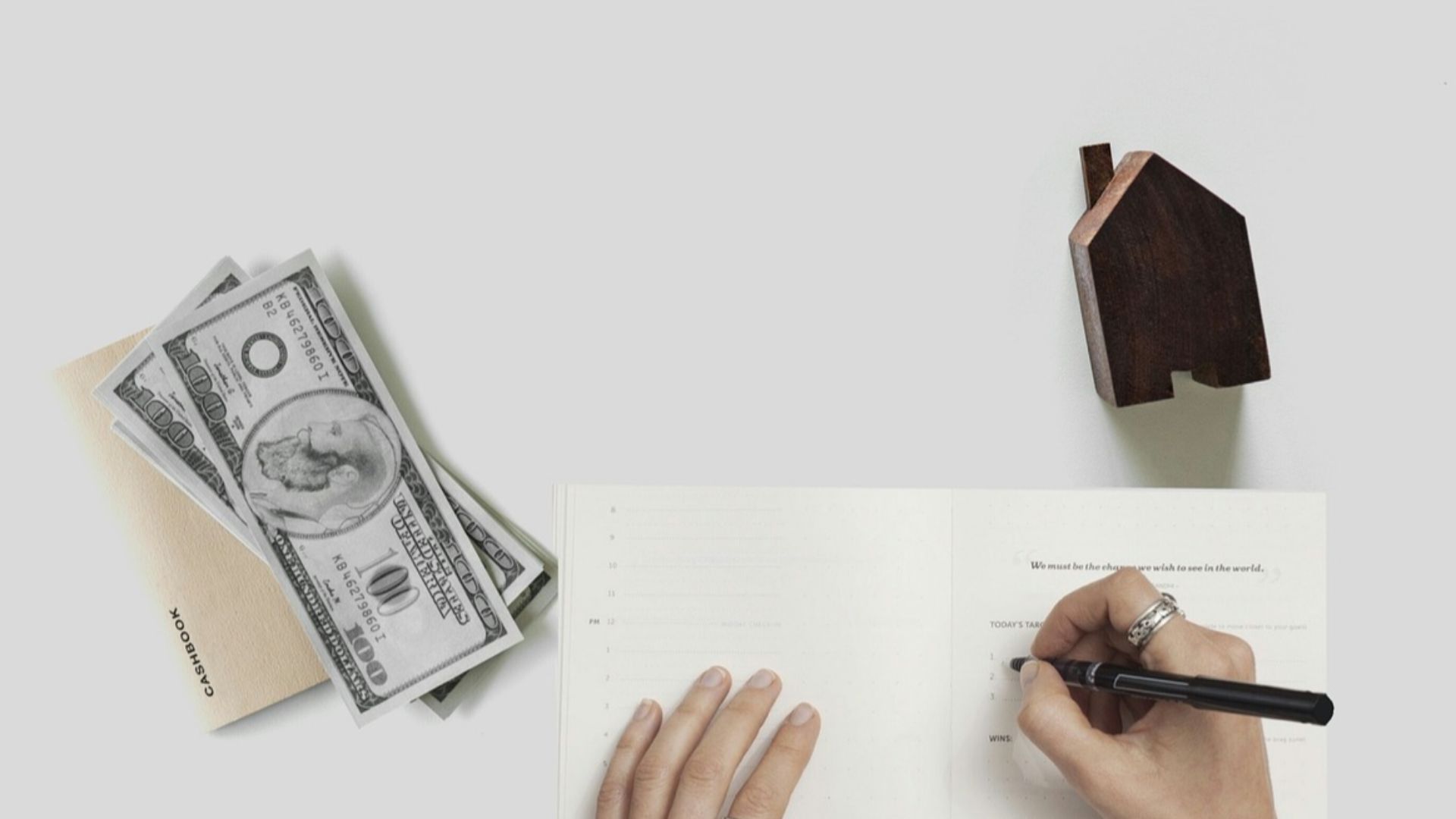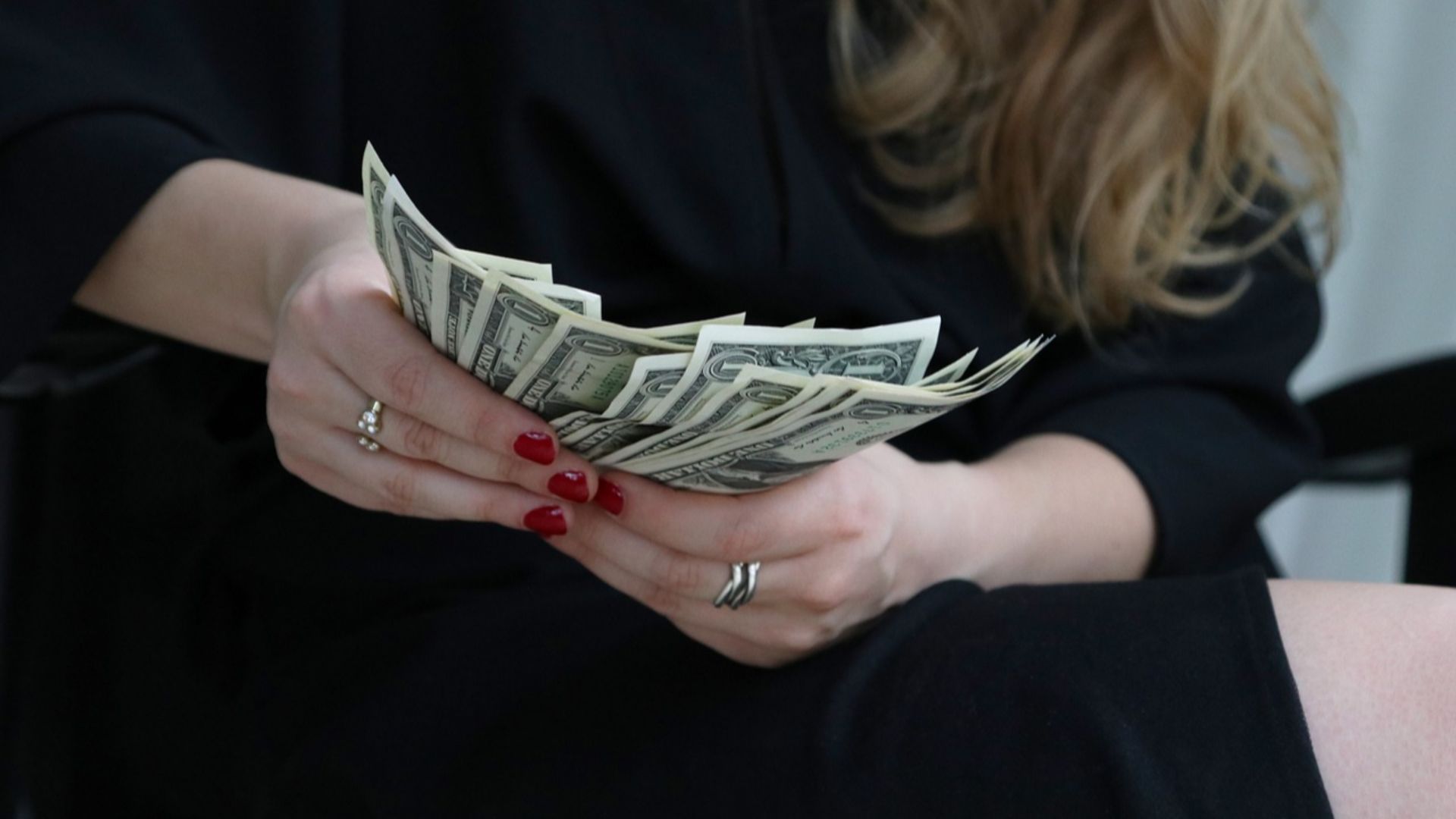Surprise Discovery In Grandma’s Pantry
You opened the old cookie tin in your late grandmother’s pantry only to find $9,800 in cash. Shock turned into confusion when your uncle said that “finder’s keepers” doesn’t apply in this situation. Now, you find yourself asking if you’re entitled to keep it; whether it should go to the estate; or whether someone else has a stronger legal claim to the money?

First Question: Whose Property Was It to Begin With?
To understand your rights, you have to first ask: did the cash belong to your grandmother, the estate, or was it effectively abandoned? If it was hidden behind a dresser for years and no one knew it was there, it raises questions about intent and ownership that are crucial for heirs and finders alike.
Understanding Estate And Probate Basics
When someone dies, all their property is now part of their estate and has to go through probate (if necessary) or intestacy rules. The estate pays debts and then distributes whatever is left over to heirs. Hidden assets like your cookie‑tin cash typically are disclosed as part of that process.
“Finders Keepers”? Not Usually In Estate Law
The phrase “finders keepers” sounds simple, but it rarely carries weight in probate and estate law. If the cash was part of your grandmother’s estate, the estate’s executor or beneficiaries may have a superior claim over someone who happened to find it later, even if that someone was you.
Is It Lost, Mislaid Or Abandoned Property?
Under property law, items can be classified as lost, mislaid or abandoned, and that classification determines who gets them. For example, if the cash was intentionally hidden rather than lost or abandoned, the estate or rightful heirs may have strong legal rights to it.
Hidden In The House Doesn’t Make It Yours Automatically
Even though you found the cash in the house, the fact that it was maybe squirreled away by your grandmother means you may be holding inherited property. If the estate didn’t know it during probate, finding it later complicates things but by no means overrides the heirs’ rights.
Executor’s Role In Finding And Reporting New Assets
If you’re the executor (or the estate still has one), any found asset like this has to be reported to the probate court. That means the cash should be included as part of the estate’s assets, evaluated at the date of death, and handled accordingly as part of the estate rather than simply claimed by a finder.
What If The Estate Was Already Closed?
If probate was already completed years ago and the estate was distributed, finding the cash now can still trigger legal steps: the executor or heir may need to reopen the estate or file a supplemental asset notice. The absence of a will or unresolved assets doesn’t automatically mean it’s yours.
Your Uncle’s Claim: Does It Stand?
Your uncle says “finders keepers” doesn’t apply, and it’s likely that the law agrees with him. If he’s an heir or the estate has priority, his claim could be stronger than yours, even though you were the one who found the cash. Your discovery alone doesn’t guarantee ownership.
Your Ownership (Or Lack Thereof) Depends On Intent
Courts look at whether the decedent hid the money intending to retain it, whether heirs knew about it, and whether the estate was already settled. These factors help determine if you’re a finder with rights or simply holding estate property.
Statute Of Limitations And Time‑Bars
While discovering the money later doesn’t mean you lose all rights, the timing is still important. Some states have limits on how long after death assets have to be reported or claimed before escheating (reverting) to the state.
Tax Implications For Found Money
If you keep the money, it could bring about tax consequences. In one case, someone found cash inside an old piano and was required to report it as income. Whether you keep it the money or not, beware of the tax side of the issue.
What You Should Do: First Steps
Stop and document everything: where the tin was, what you found, when, and in what condition. Contact the executor or estate lawyer and let them know about the find; transparency is important. Get legal advice before you spend a dime; this is not a casual find anymore.
What Heirs Should Do: Protect The Estate
If you’re an heir (like your uncle claims to be), you should be asking: Was the estate properly inventoried? Was this cash known about? You may need to press the executor to take formal steps to claim the asset before it’s lost or wrongly claimed.
Possible Settlements: Sharing Vs Claiming
In a lot of cases, families settle by sharing or splitting newly found assets proportionally. That means family members have to come to an agreement. If you and your uncle (and whoever else) negotiate a split, it could save legal costs, but get it in writing and with tax advice.
If You Keep The Cash: Risks You Face
If you decide to keep the money without clear legal backing, you risk obligations: repayment, legal challenge, and tax consequences. If the estate demands it back, you may have to repay plus interest or go to court.
If The Estate Claims It: What Happens to You?
If the estate asks for the money back, you may have to comply. If you’ve already gone and spent it (worst case scenario), you may face a demand for reimbursement. A proper settlement will relieve you of liability, so don’t assume you’re in the clear.
Legal Costs Vs Value: Is It Worth Fighting?
Given the sizable amount ($9,800), both sides should evaluate whether litigation or negotiation makes sense. Legal fees, time, and family stress could outweigh the money, so compromise may be the most practical path forward.
Documentation Is Your Friend
Keep photographic evidence, date stamps, counts of the cash, executor communications, and any family conversations. If this ends up turning into a legal issue, whoever has the best documentation will have the strongest claim on the cash.
Found Money Doesn’t Mean Free Money
Finding $9,800 in a cookie tin seems like a stroke of luck, but legally it may belong to the estate or other heirs. “Finders keepers” is rarely an airtight legal defense. Before you start planning out all the things you’re going to buy with this money, get legal clarity: your discovery changes nothing about the law of inheritance.
You May Also Like:


























